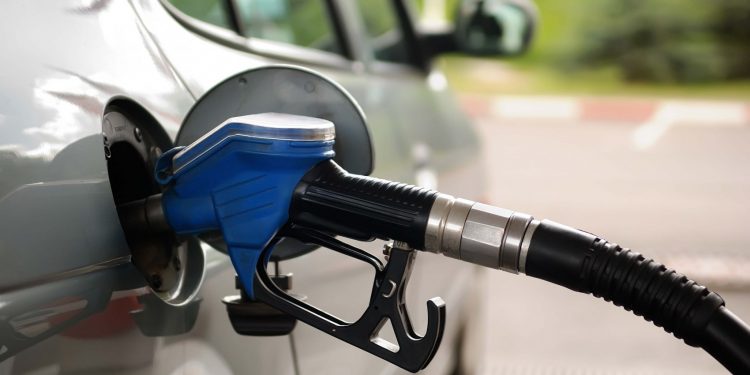The Nigerian presidency has announced that the country is saving an impressive $7.5 billion annually following the removal of the fuel subsidy. This revelation was made by Sunday Dare, Special Adviser on Media and Public Communications to President Bola Tinubu, in a bulletin highlighting the administration’s oil sector reforms.
The president has also signed five new executive orders aimed at unlocking $2.5 billion in fresh oil and gas investments. Another reform includes the introduction of dual pricing mechanisms for petroleum products, distinguishing costs for transportation via sea and truck.
Since President Tinubu assumed office on May 29, 2023, the removal of the fuel subsidy has marked a significant shift in Nigeria’s energy policies. During his inaugural speech, he declared that the costly subsidy, long considered unsustainable, was “gone.” This led to a sharp increase in petrol prices from N180 per liter to about N620 and later up to N1,200 at retail stations, depending on location.
The subsidy removal has saved substantial funds that could be redirected to critical sectors like education, healthcare, and infrastructure. However, estimates of total savings vary. While Finance Minister Wale Edun recently claimed that over N20 trillion has been saved since the subsidy removal, his statement has sparked public debate, particularly amid the government’s plans to borrow $2.2 billion to address budget shortfalls.
Key Developments in Nigeria’s Oil Sector
- $7.5 billion saved annually from subsidy removal.
- Five new executive orders expected to attract $2.5 billion in oil and gas investments.
- Introduction of dual pricing tiers for petroleum transport via sea and truck.
The federal government’s decision to phase out the subsidy was driven by economic pressures, including naira devaluation and rising global crude oil prices. Initially, the Nigerian National Petroleum Corporation (NNPC) absorbed the costs of an implicit subsidy by pegging petrol at N620 per liter. However, mounting debts of $6 billion to oil traders led to full deregulation, resulting in current prices between N1,200 and N1,400 per liter.
While the policy has brought fiscal relief, its impact on the economy and citizens continues to be a topic of intense scrutiny and debate.










